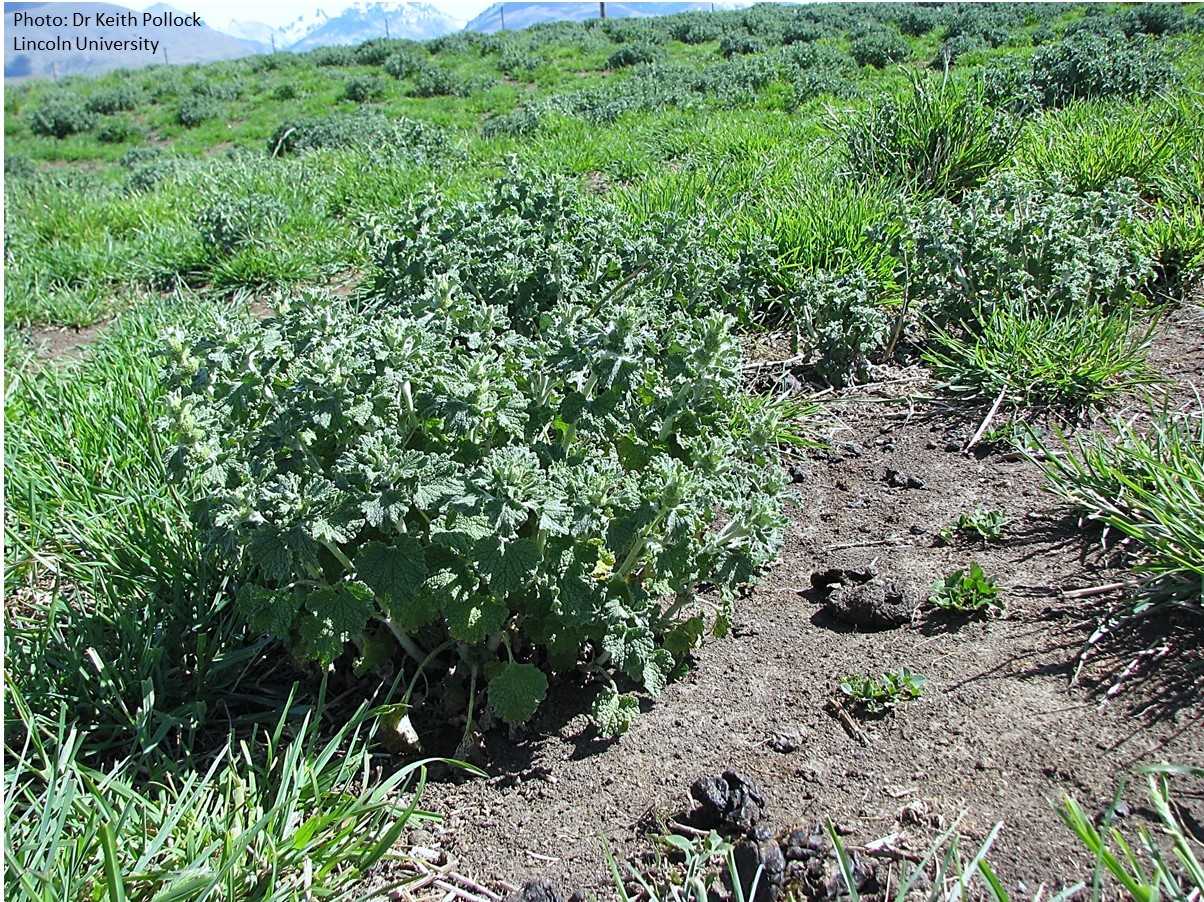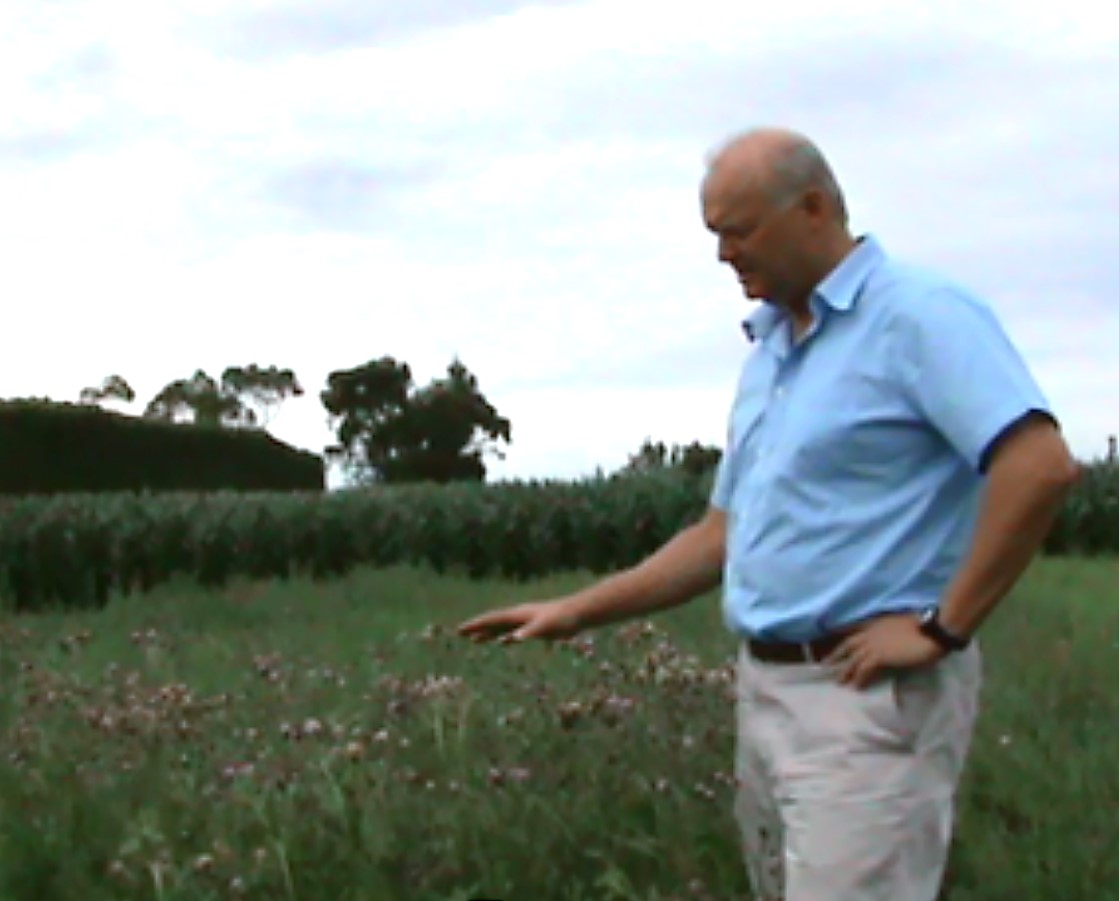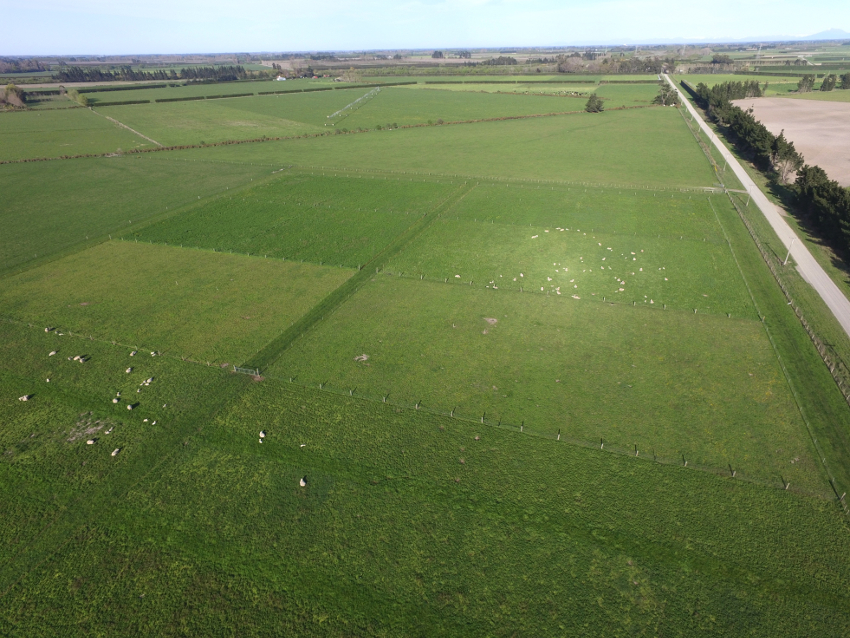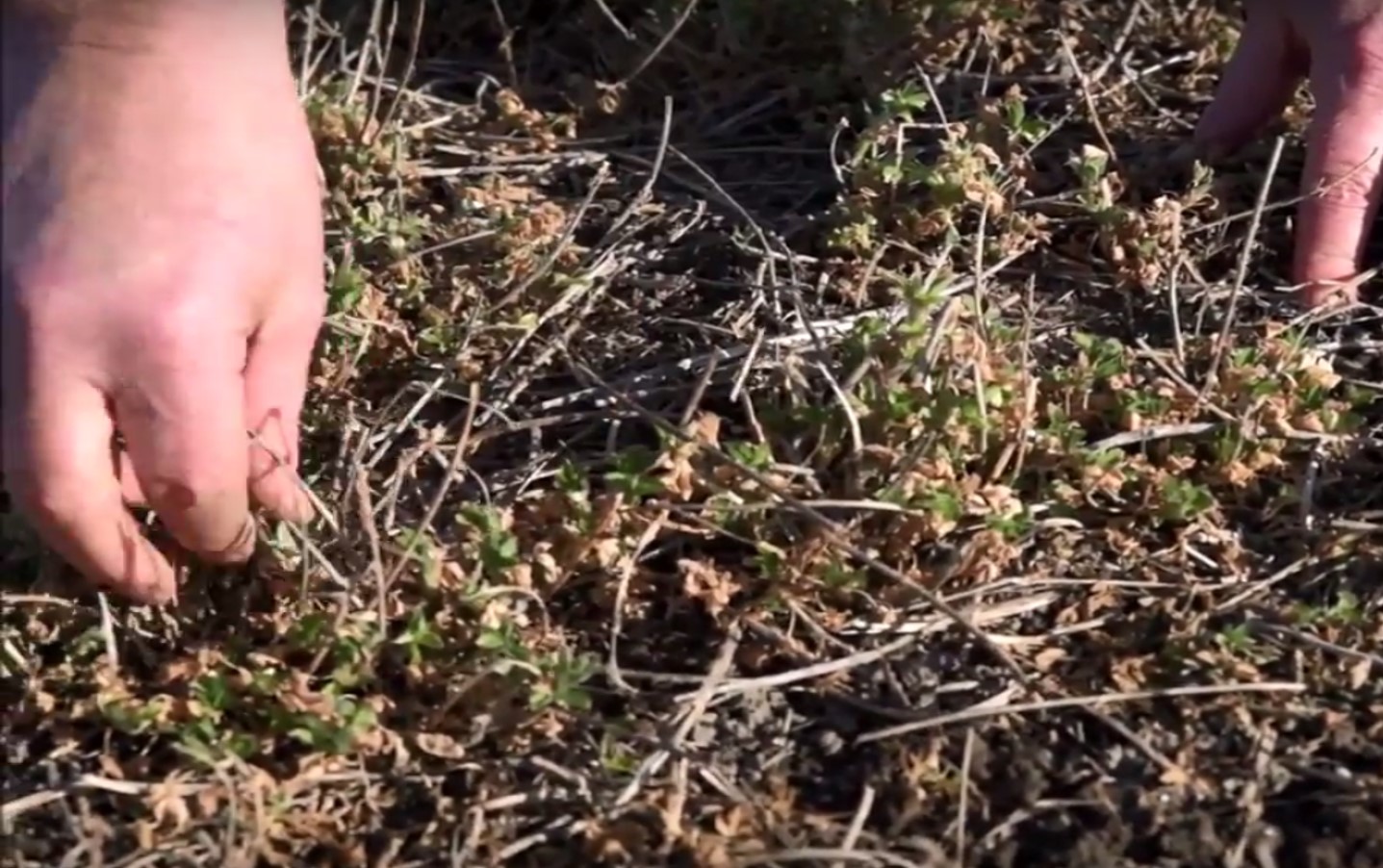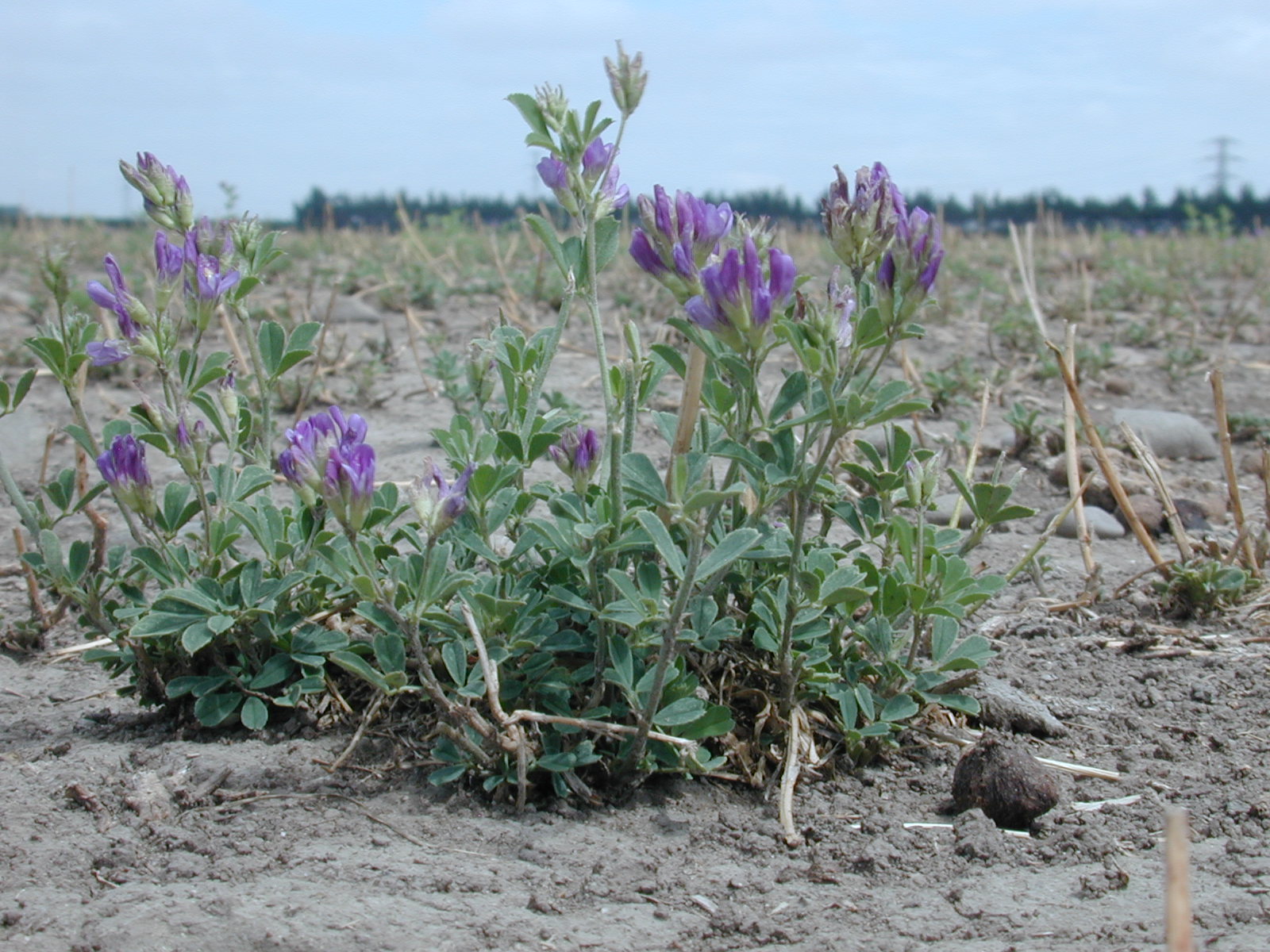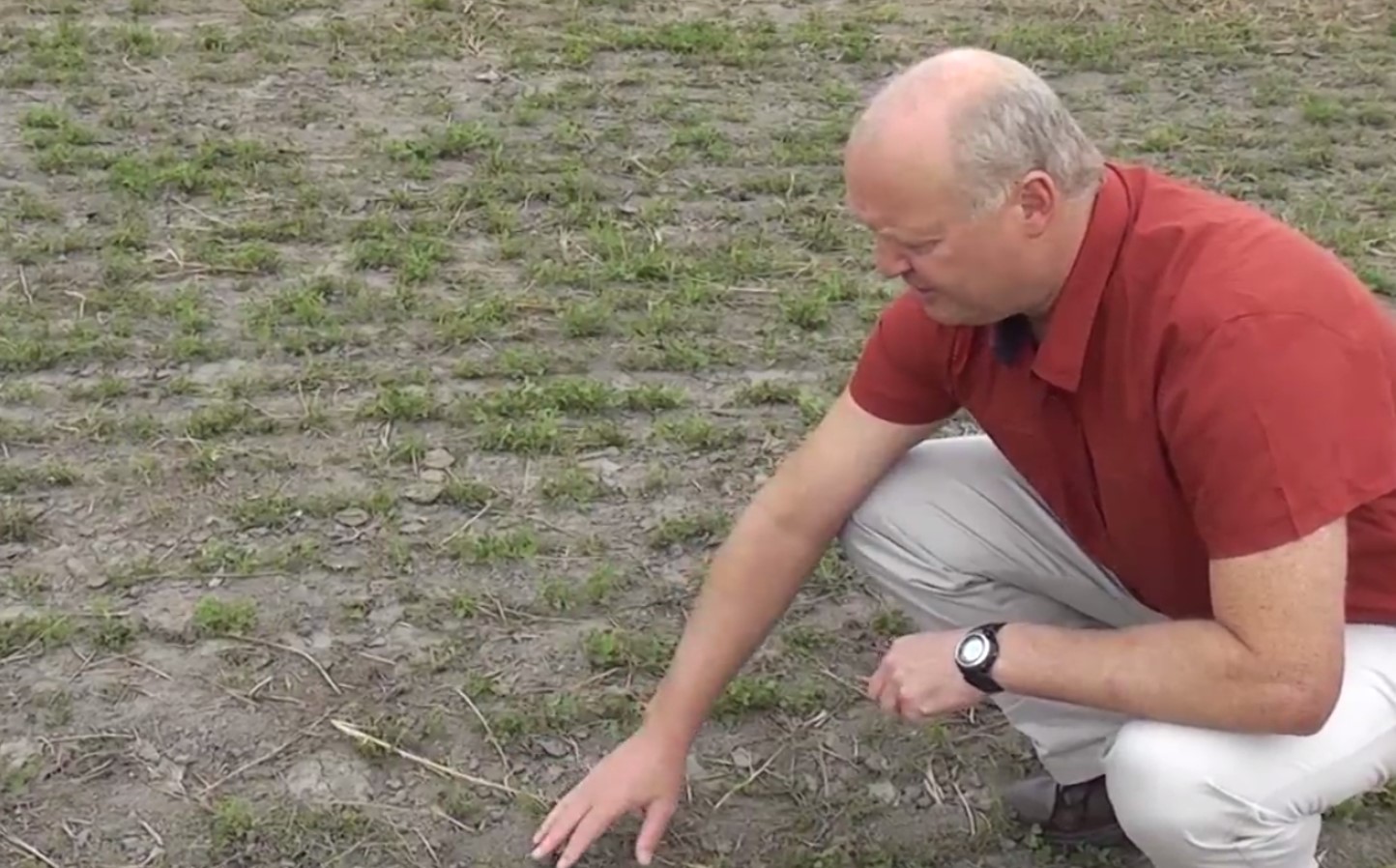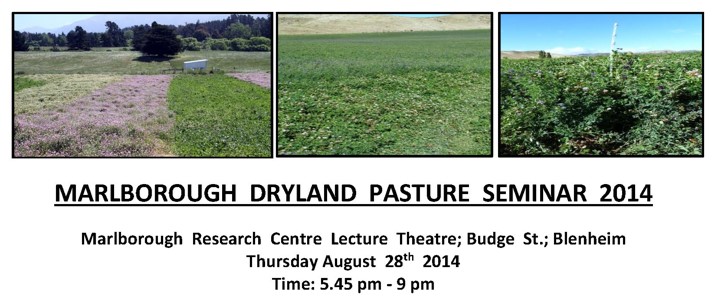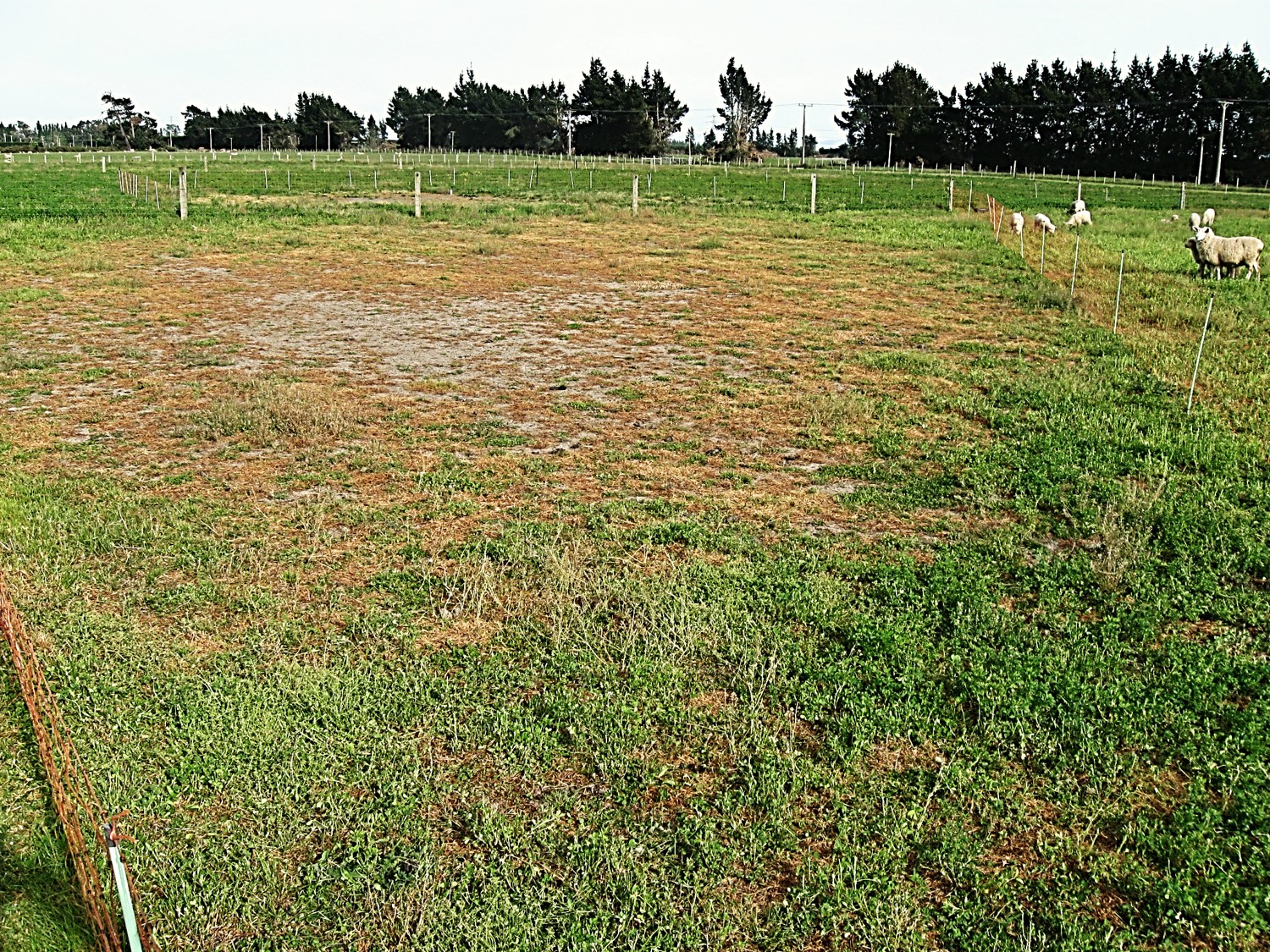Farm survey – responses needed on horehound levels on farm
The Horehound Biocontrol Group is seeking input about the magnitude of horehound problem, especially in Lucerne. With lucerne growing more widespread and already occupying over 150,000 ha, we notice horehound (Marrubium vulgare) is rearing its head as one of the worst weeds in lucerne stands, especially on extensive properties with ridges and areas with difficult … Read more
